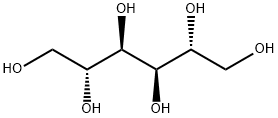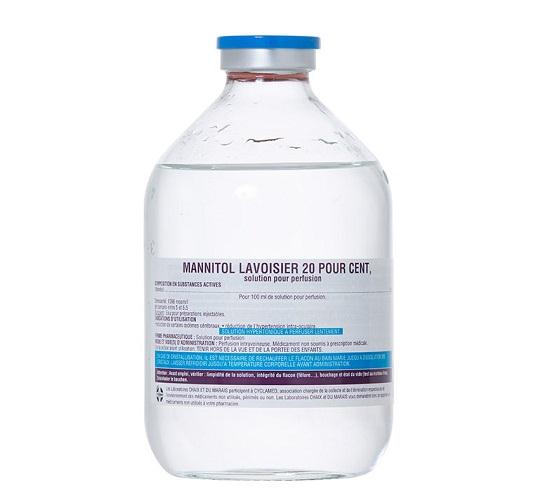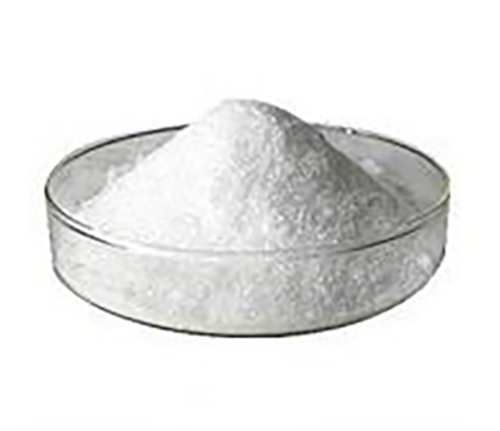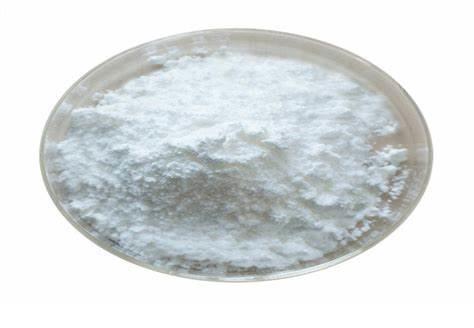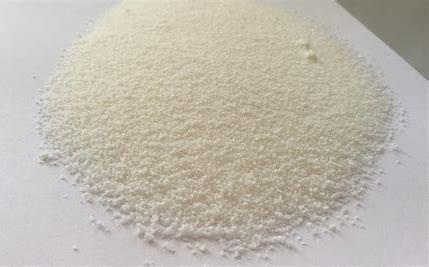Mannitol: Nature's magical manna, the medical field's right-hand man
Mannitol injection is a commonly used and preferred drug for treating cerebral edema, reducing intracranial pressure, preventing and treating acute renal failure, glaucoma, edema caused by large-area burns, ascites, etc. It is widely used in clinical practice, especially in the treatment of neurological diseases.

Mechanism of action
Mannitol is a polyol that is not metabolized in the body.
After intravenous infusion of mannitol, the plasma osmotic pressure increases rapidly, prompting the transfer of water from peripheral tissues such as the brain and eyes to the blood, thereby reducing the amount of cerebrospinal fluid and reducing intracranial and intraocular pressure.
Clinical application experience of mannitol
The infusion regimen of mannitol includes continuous infusion or pulse administration, and pulse administration is more effective than continuous infusion. The conventional recommended dose is 0.25-1g/kg body weight, which is administered intravenously within 10-20 minutes through a peripheral or central venous catheter.
Pulse administration generally recommends a small dose of 0.25g/kg, and 100ml of mannitol preparation can cover patients weighing less than 80kg.
In the case of sudden increase in intracranial pressure, a larger dose can be used, generally around 60g (1g/kg). Short-term use of mannitol (1.0-2.0g/kg) can minimize brain volume by reducing brain extracellular fluid. It is often used clinically for emergency temporary treatment to reduce intracranial hypertension, such as patients with brain herniation and patients with increased exposure during surgery.
In the subsequent treatment process, in order to achieve the same dehydration and intracranial pressure reduction effect, it is often necessary to increase the dose of mannitol to achieve the same intracranial pressure reduction effect. Therefore, it is very important to use a small dose of mannitol when mannitol is pulse-administered, especially for long-term administration.
Precautions for using mannitol
(1) Too fast intravenous infusion will cause a sharp increase in blood volume in a short period of time, excessive circulatory load, heart failure or pulmonary edema, transient increase in blood pressure, renal vasoconstriction, and decreased glomerular filtration rate, leading to acute kidney damage, especially in children and the elderly.
(2) Adding aminophylline and vitamin C to mannitol can improve the efficacy and reduce the dosage.
(3) Each gram of mannitol produces about 10 ml of urine. It should be used with caution in patients with progressive renal failure, pulmonary edema, and active intracranial hemorrhage (except for craniotomy). It should be used in combination with furosemide in the elderly and patients with heart failure. Pay attention to water and electrolyte balance when using it.
You may like
Related articles And Qustion
Lastest Price from Mannitol manufacturers

US $10.00-5.00/KG2025-06-27
- CAS:
- 87-78-5
- Min. Order:
- 1KG
- Purity:
- 99%
- Supply Ability:
- 100000kg

US $0.00/KG2025-04-21
- CAS:
- 87-78-5
- Min. Order:
- 1KG
- Purity:
- 98%min
- Supply Ability:
- 30tons/month
